A witness to my country’s liberation: reflecting on Syria’s rebirth
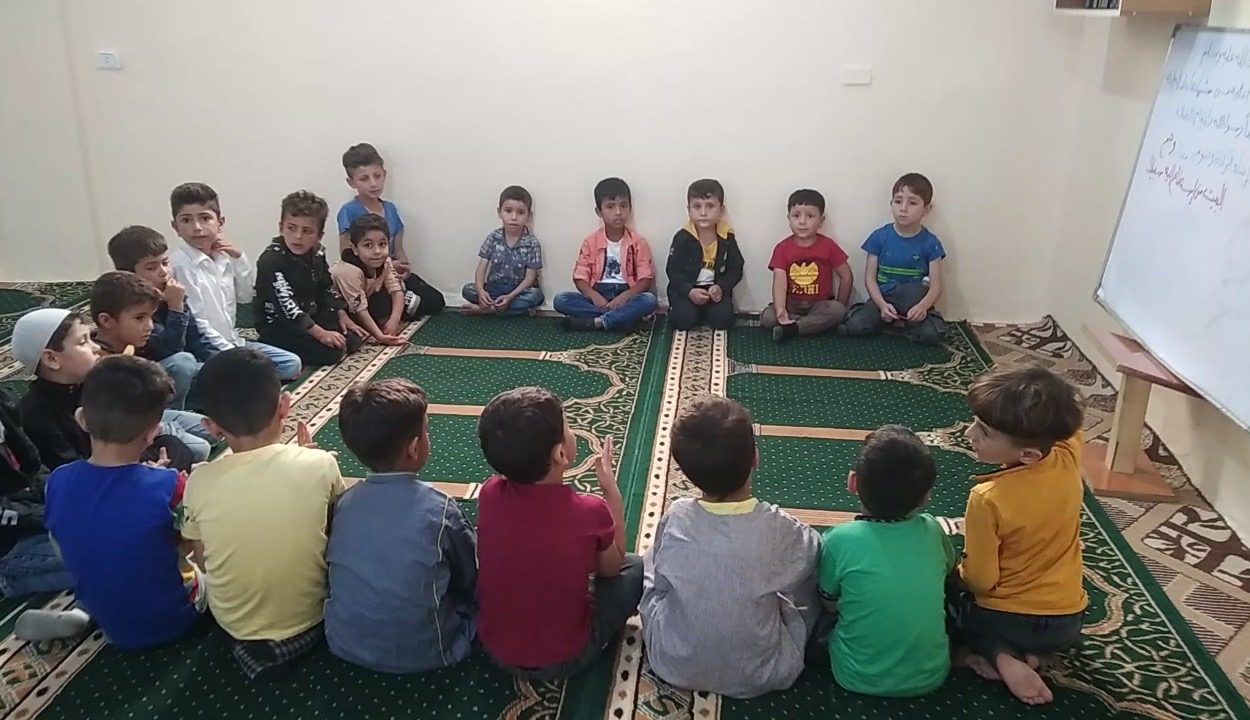
To my cousin and best friend Abrar, who showed me resilience in the face of hardship
Growing up as a Syrian once meant being exposed to vibrant history, especially in my home city Damascus, the oldest inhabited city in the world. But for me and many others, growing up also meant witnessing a ruthless regime tear apart my homeland and become synonymous with despair and violence. Over the past 51 years, despite the Assad regime’s control, liberation and a promise of a free future persisted. Syria’s civil war has left trauma and scars that will likely take generations to heal, but its recent liberation has left the world standing in awe of human resilience, courage and the continued fight for freedom.
The idea of returning to a peaceful homeland is bittersweet. To witness its liberation is to witness the dreams I have held onto for years, some of which will never come forth as a reality. My family’s history is now forever intertwined with the conflict; most are refugees to neighboring countries and some are lost forever. The idea of sharing a hug or witnessing a free Syria with them is also gone with their deaths. While I watched the news on Saturday evening of Bashar Al-Assad fleeing and the collapse of his authoritarian regime, I only thought about my cousin. He was a third-year mechanical engineering student who was killed in 2012. The dreams he had, the contributions he would have made and the love we would have shared are all gone, simply for standing against the injustice and brutality of Assad. Liberation does not bring him back, but it offers the chance to honor his sacrifices and to ensure that his death was not in vain.
Even thousands of miles away, here in the U.S., speaking out against the brutality of the Assad regime was under threat of consequences for relatives still living in Syria. Finally being able to go home and hug the people I’ve only heard about in stories is a surreal moment that I will never have enough words to describe. Having witnessed firsthand the constant fear of being watched, reported or arrested, suddenly being offered a taste of freedom is overwhelming.
There will undoubtedly be challenges while we heal from the trauma inflicted over 13 years of conflict and 51 years of dictatorship. While liberation offers a chance to rebuild, it also forces us to confront the pain of the past. Because of this, justice is more important than ever—not just for the Syrians living and those who died for the fight for freedom, but for the generations that come after. Without accountability, the wounds left by the regime cannot truly heal.
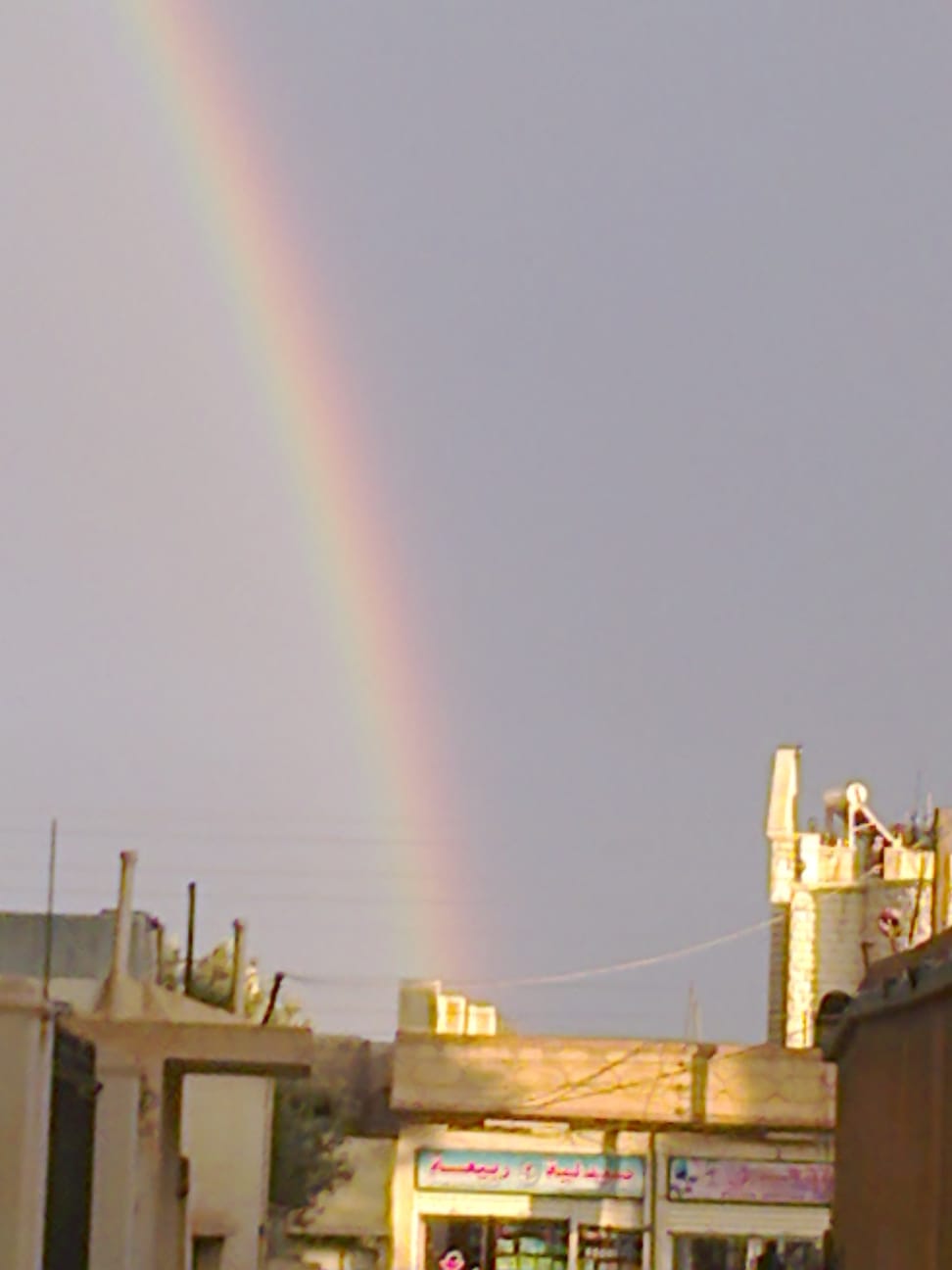
It feels unbelievable to say that there is a glimmer of hope to return. The moment many other Syrian families and I can return will undoubtedly be bittersweet; to return to a home that no longer stands but knowing the soil beneath remains a part of our identity. We will no longer be seen as a geopolitical war viewed by the international community as a lost cause, but a prime example of human resilience and endurance. The regime has, beyond question, taken so much from me and my family, but it never extinguished our love for one another or our hope for the future. The stories of resilience I witnessed these last 13 years–one of my cousins entering medical school in Türkiye and another one starting a school to educate children in a refugee camp—are testaments to the strength of the human spirit. Syrians have been fighting every day to hold onto their dignity and humanity.
Now, I can finally picture myself walking down the familiar dirt road I’ve seen only through photos, feeling the crunch of gravel beneath my feet and smelling the scent of jasmine. I imagine the olive grove of my grandmother’s farm, forced to be left behind and most likely overgrown and untamed, waiting for someone to care for it again. Family albums across Syria are waiting to be filled again, this time with pictures of a new Syria, one that will not be dictated by war and violence.
As I’m writing, it brings me hope and joy to say that the sun of freedom has risen over Syria with the reclamation of our homeland. The olive and fig trees that grow over the windowsill of my grandmother’s home await me, whispering solace beneath their shade to find peace in the roots of my home, alongside the lost experiences that the war has taken from me. Liberation is not the end of our journey, but rather the start of a new chapter. Syrians, for the first time in my life, are able to build from what was lost and create a future that honors our past while embracing the promise of tomorrow.
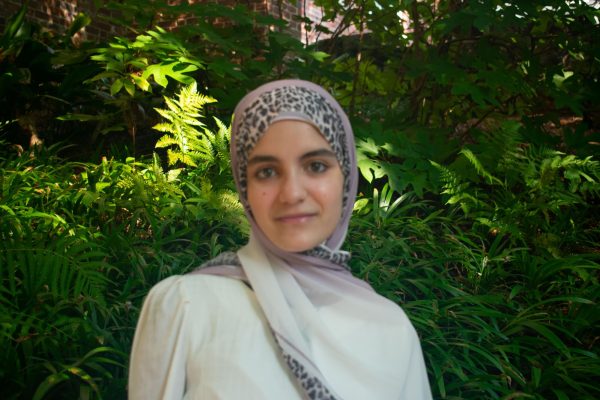











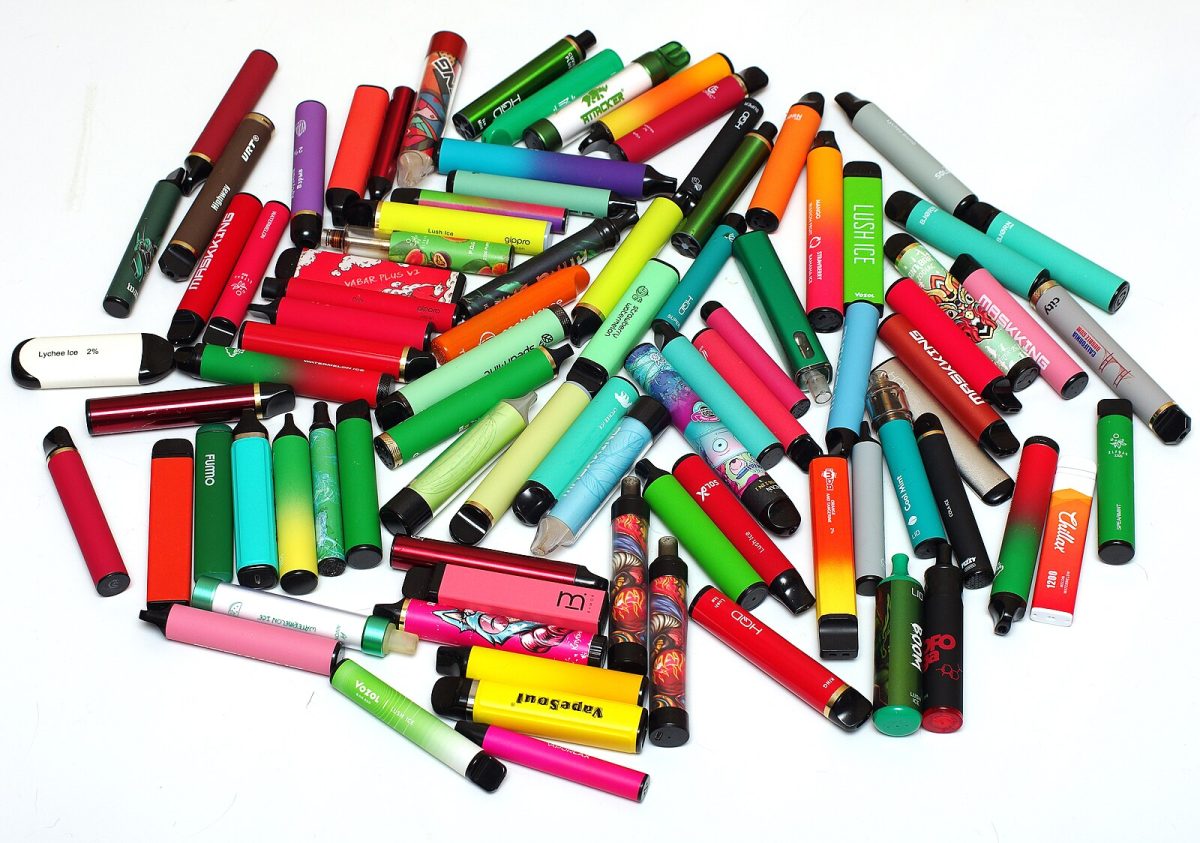

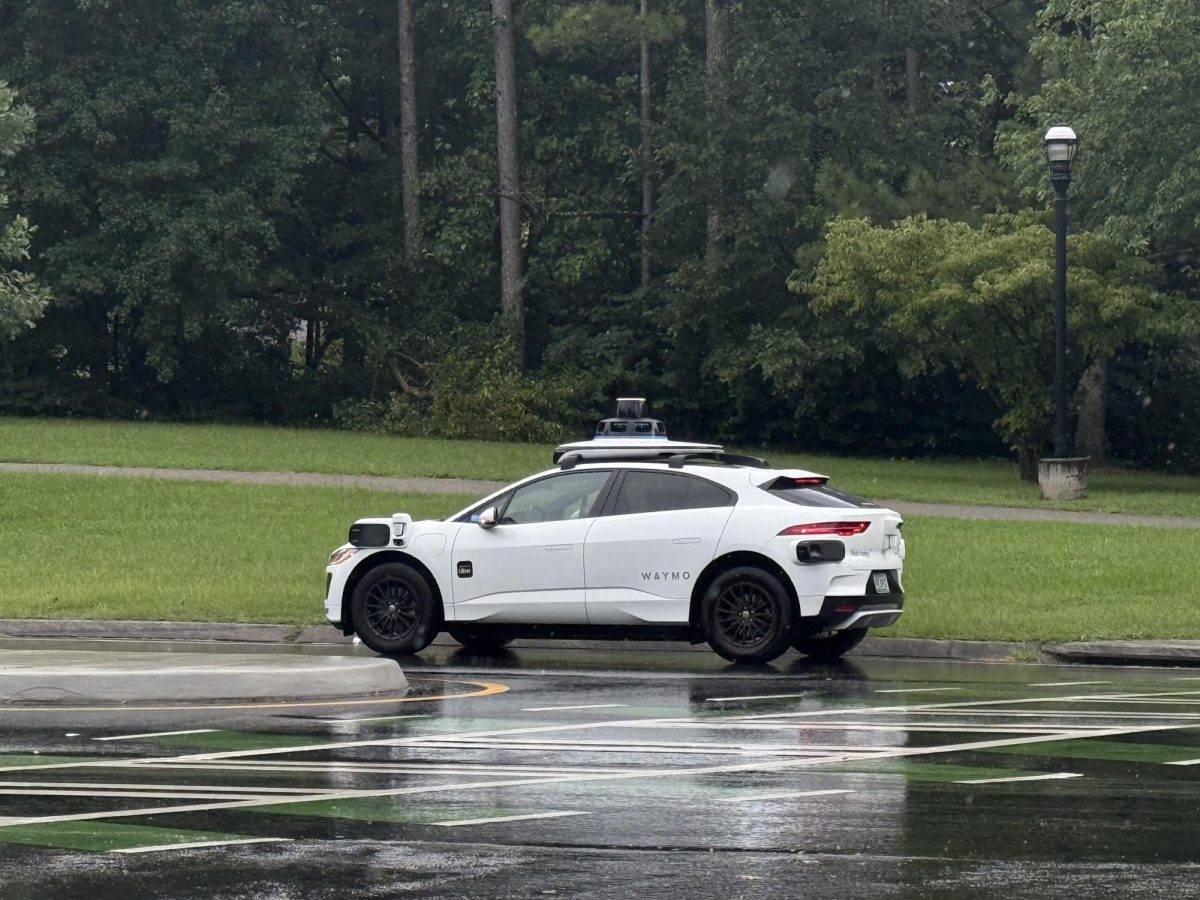
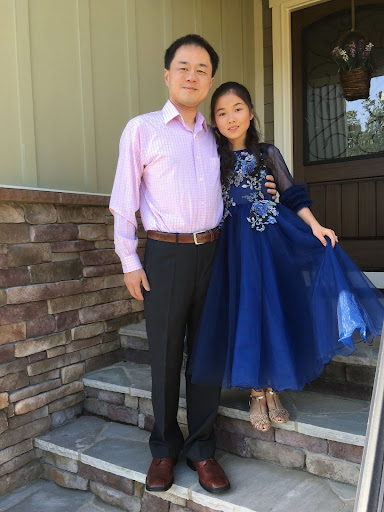
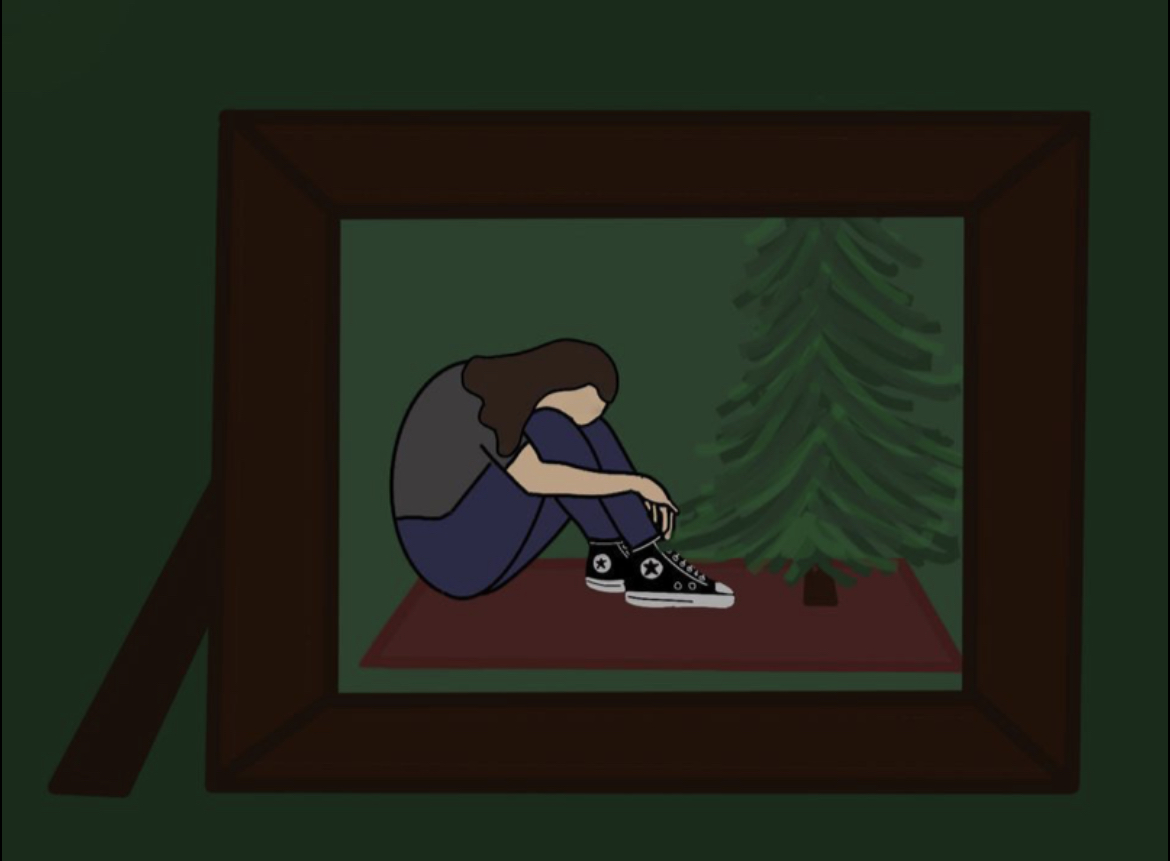
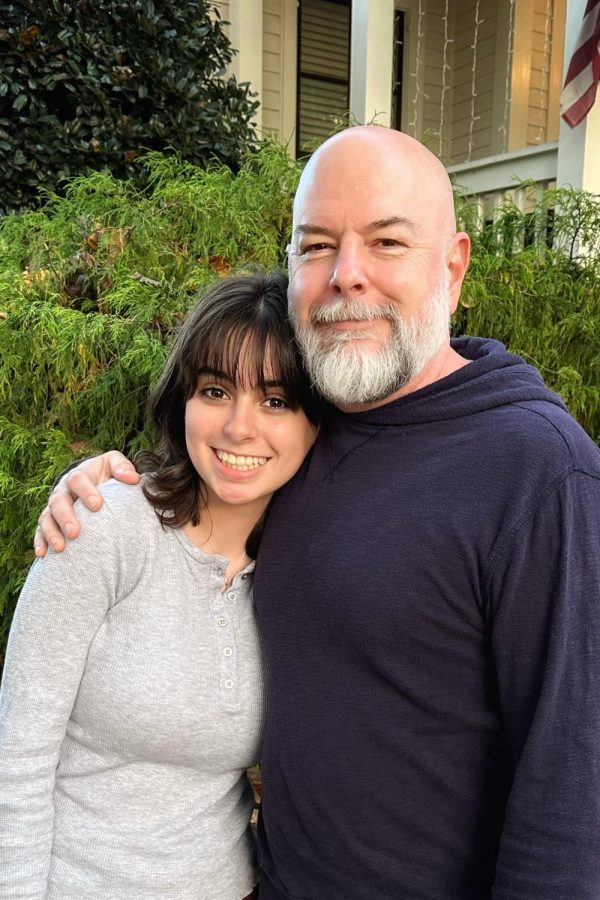
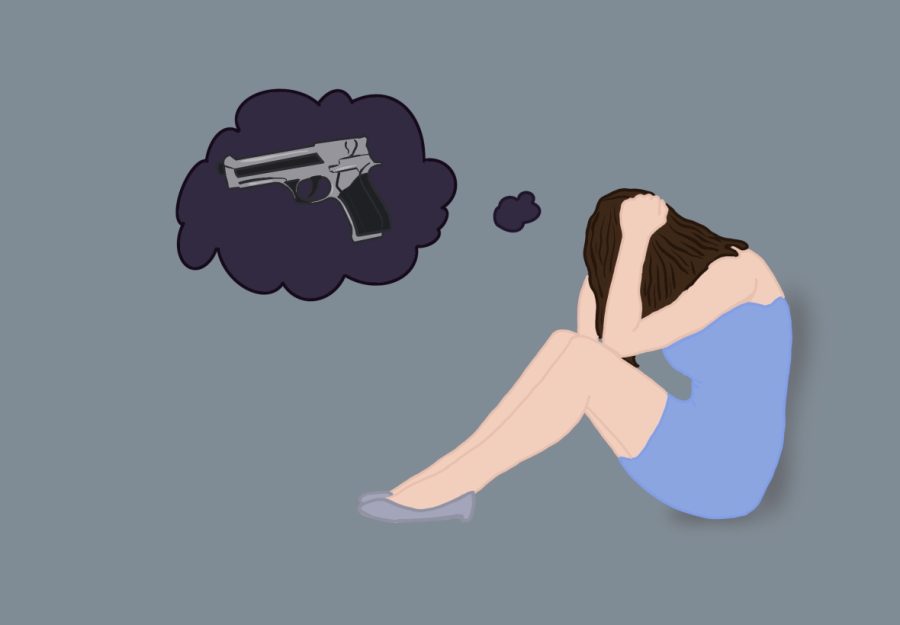
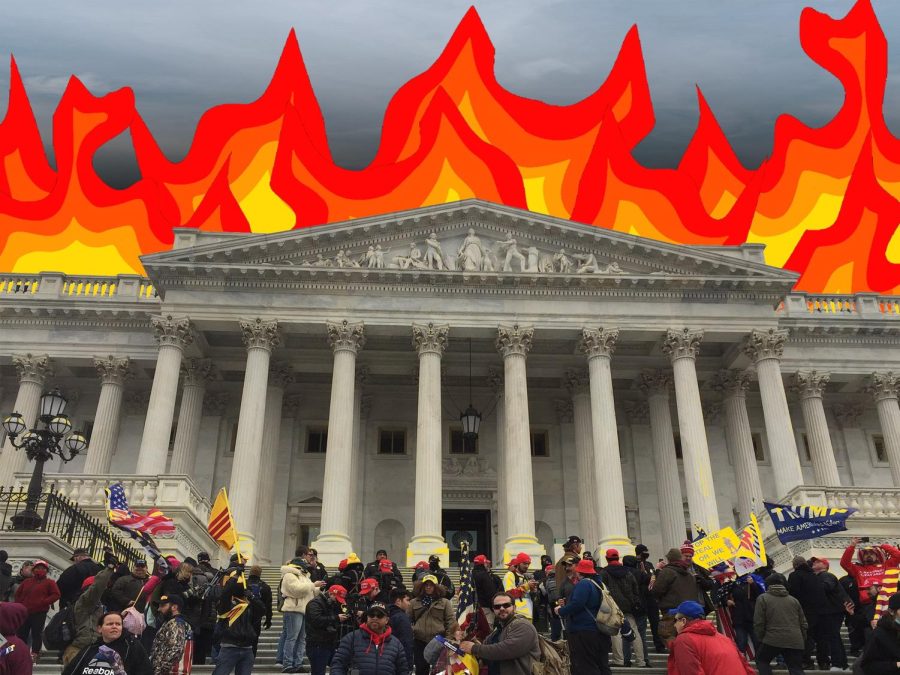
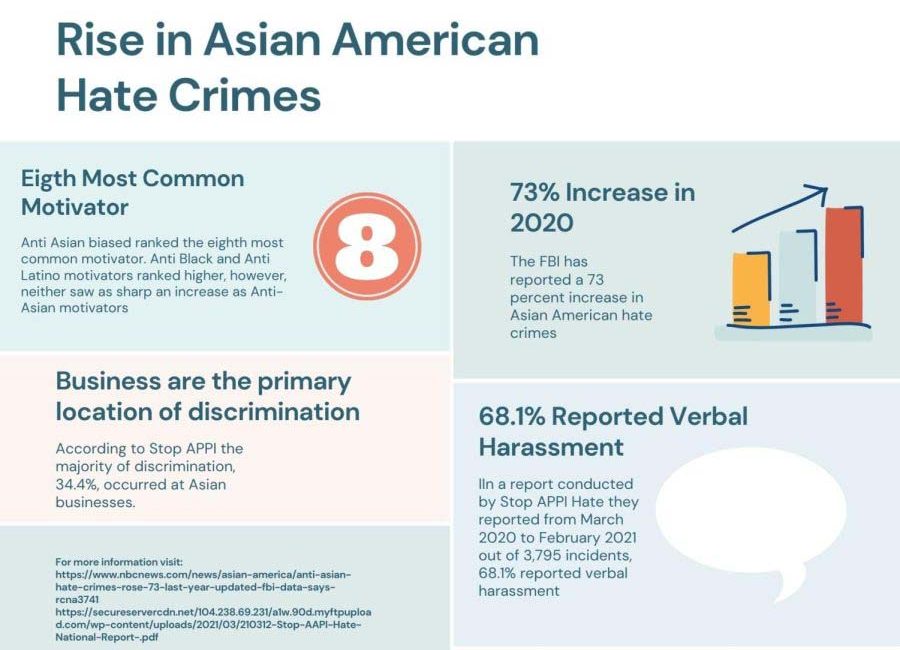
Safa Ahmed • Jan 8, 2025 at 8:31 pm
I am so proud of you